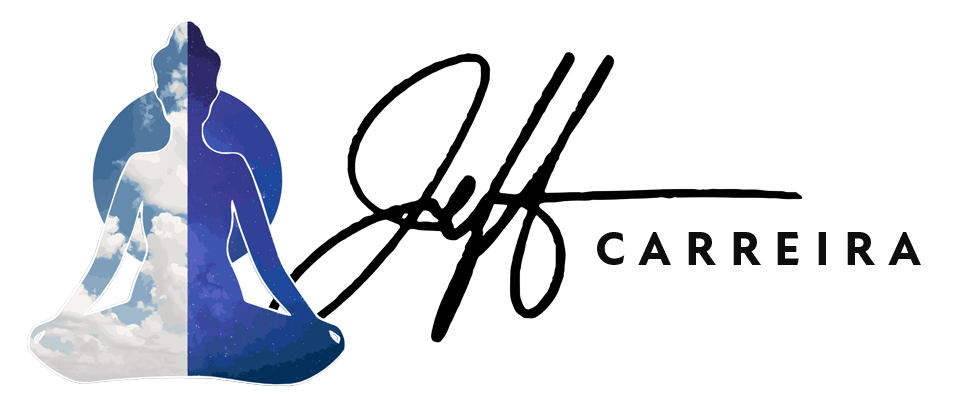 There are things that we know. And there are things that we know that we don’t know. And there are things that we don’t know that we don’t know. These last are the “unknown unknowns” made famous in a comment by former US Secretary of Defense Donald Rumsfeld.
There are things that we know. And there are things that we know that we don’t know. And there are things that we don’t know that we don’t know. These last are the “unknown unknowns” made famous in a comment by former US Secretary of Defense Donald Rumsfeld.
The two originators of the philosophy of Pragmatism – Charles Sanders Peirce and William James – were both very concerned with unknown unknowns. Both realized that human beings find it very difficult to even imagine that there could be things that we don’t know that we don’t know. Sure we know that there are things that we don’t know. I don’t know lots of scientific and cultural facts, the distance to the nearest star, the president of Monaco and so on. But I know there are such facts that I don’t know. (The film maker and columnist Errol Morris has written for the New York Times recently on the concept of unknown unknowns.)
Those things that we don’t even know enough to know that we don’t know lay so far outside of our existing frame of reference that we can’t even imagine them. They are too far out of our box to hold in mind. What endears me to Pragmatism more than anything else is the respect given to the existence of truth beyond our current ability to imagine. James and Peirce both assumed that what we knew about reality (and even what we can imagine to be true about reality) is only a tiny part of the totality of reality. And they envisioned a way of going about philosophy in light of this. They created a form of inquiry and a philosophical attitude that was militantly open ended. “Never block the road to inquiry” was Peirce’s motto. And William James railed against what he called vicious intellectualism.
Vicious intellectualism as James described it was the conscious or unconscious assumption that the affirmation of any truth implied the negation of all other possibilities. As long as we are working within a limited frame of reference this assumption works well enough. So if I look at an object and assert the truth that this object is blue, then it is safe to assume that I am simultaneously asserting that it is not red, yellow, green, or any other color.
(Wilfred Sellers in his essay on “The Myth of the Given” points out that even a simple example like this can cause trouble. What if, for instance, we were to find that we were looking at the object through bad lighting, and in fact what seemed to us to be blue was actually a dark green? James’ conception of vicious intellectualism is his statement of the myth of the given: The assumption that the way I see the truth is actually what is true.)
The reason James was so bothered by vicious intellectualism was that it tended toward a method of inquiry that resisted stepping outside of its own frame of reference. If we are consciously or unconsciously assuming that what we think is true actually is true and negates all other possibilities, our inquiry proceeds by expanding on what we already know. We focus on what we know and push at the borders creeping slowly out into the vast oceans of unknown that surrounds our small island of known.
James and Peirce wanted our thinking to be free. They wanted to hold on loosely to what we think is true by assuming that whatever we think is true now will yield tomorrow to a much bigger and more encompassing truth. Rather than defend what we know and expand on it slowly they wanted to inquire directly into what we don’t already know by focusing on the anomalies and oddities that don’t fit into our current understanding.
James felt that our attention should be on the outer fringes of what we know. The next big idea doesn’t come from the center. It comes from the dim outer edge where the light of what we currently know fades into the blackness of the unknown beyond. James risked his career and his reputation as a scientist to study things that others thought were absurdities. As the president of the American Psychical Society he studied spirits, mediums, and life after death. Most scientists felt this was worthless, but James felt that it was out there on the fringes that we would find passage ways to new and unexpected vistas of truth.


